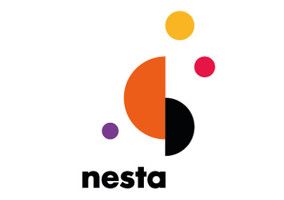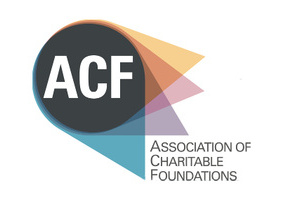A foundation has compared the performance of its grantees to a control group, and found the grantees “significantly outperformed” the control group.
The Fore, founded in 2017, offers development grants and business skills to early stage charities and social enterprises. They do so through a combination of grants of up to £30,000, spread over a three-year period.
Its research is based on a pilot programme run by the Bulldog Trust and the Golden Bottle Trust from 2012 to 2016. The report examines the impact of the pilot scheme, which had made 51 grants worth just over £1m.
An algorithm was used to match 33 charities which received grants with similar charities which had not received grants. The control group contained more than 600 organisations.
The report gathered income data for all the assessed charities, which was then compared.
The Fore had chosen charities to give grants to which were already outperforming others, as in the four years prior to the grants, the grants charities had a median compound annual growth rate (CAGR) of 13.6 per cent, while the control group had a rate of 3.1 per cent.
However, in the four years after the grant, the grantee had a CAGR of 29.4 per cent, compared to the control group's 0.2 per cent. Four years after the grant, the median grantee has an income that was 811.1 per cent higher than its median control organisation.
The report acknowledges that income growth itself is not a measure of social impact, so this was used as a proxy for organisation growth.
The foundation's chief executive, Mary Rose Gunn, said on Twitter: “We're not specifically looking for growth potential - we're looking for strong organisations which means strong management and compelling activities along with the potential for our support to unlock change. But results seem to show being sector agnostic is a great way of finding the best.”
‘A culture of rigorous reporting and radical transparency’ needed in sector
On the lessons learnt, Fore said that its “support enables these organisations to significantly accelerate their growth and development”.
It added: “This approach is far from perfect, but it offers a substantial development from the output measures that many grantmakers have to resort to. It is hoped that other funders adopt similar approaches and build upon this one, in order to create a culture of rigorous reporting and radical transparency in the sector.”
|
Related articles













